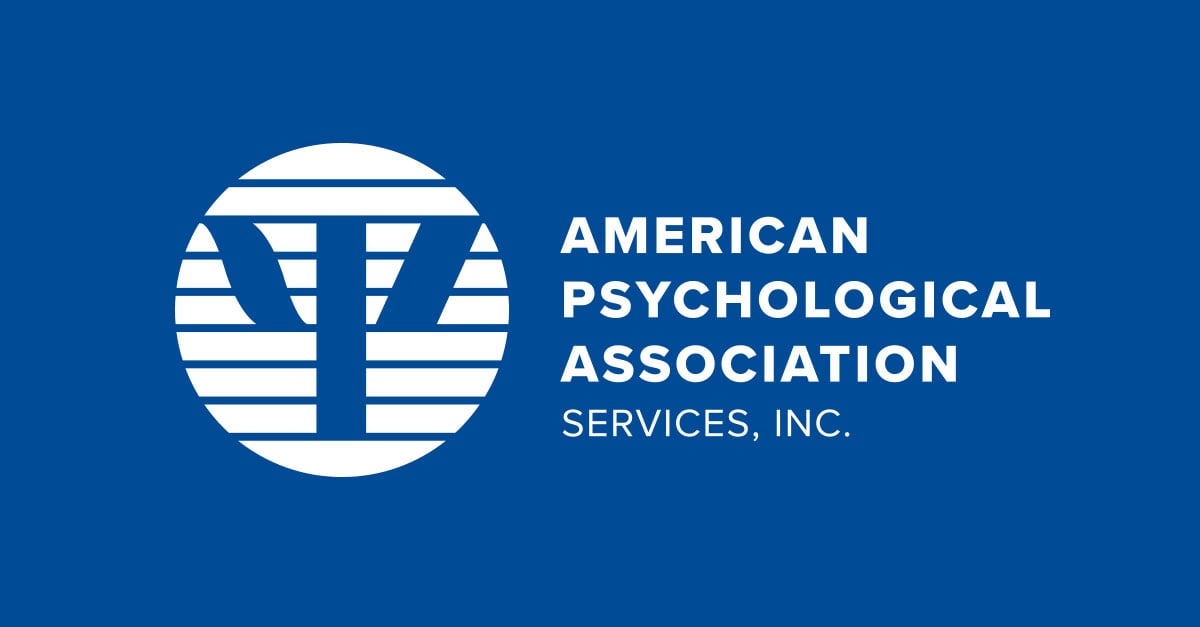- Joined
- Oct 31, 2014
- Messages
- 157
- Reaction score
- 110
Hi all,
I am hoping to begin a private practice. I'm wondering if i do get paneled with an insurance, if i can choose to take only 10 insurance clients out of the 25 I hope to see a week. Thoughts?
I am hoping to begin a private practice. I'm wondering if i do get paneled with an insurance, if i can choose to take only 10 insurance clients out of the 25 I hope to see a week. Thoughts?


